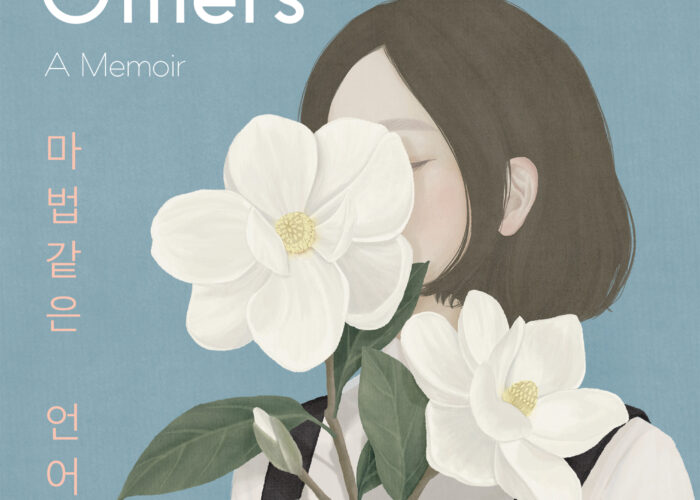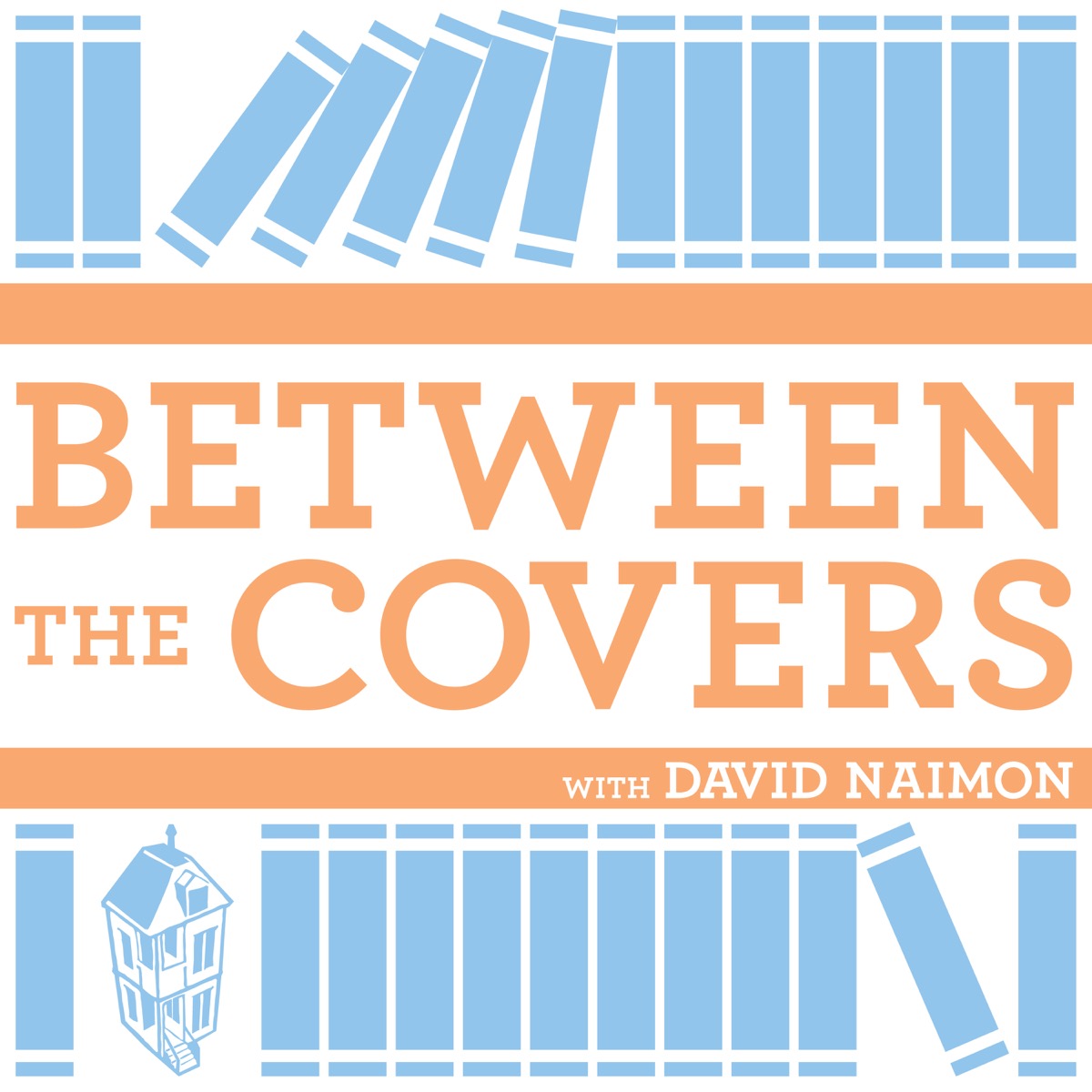- The Magical Language Of Others: A Memoir
- The Magical Language Of Others Quotes
- The Magical Language Of Others Pdf Download
- The Magical Language Of Others Ebook
Eun Ji Koh was a typical Californian teenager before her immigrant parents surprised Koh and her brother with some startling news. Her father had been offered a far more lucrative job back in Seoul than he could ever expect to be offered in the US. It isn’t uncommon for immigrants to return to their countries of birth for better employment opportunities, but in this case Koh and her brother would be staying behind.
The Magical Language of Others: A Memoir; April 14, 2021 Hilary Mauro. 20 South Main Street. 15 Starkel Road. 'There is a Korean belief that you are born the parent of the one you hurt most,' E.J. Koh writes in her new memoir, The Magical Language of Others. 'I was revenge when I was born in 1988 at O. I n her memoir The Magical Language of Others (2020), E. Koh explores the repercussions of her parents’ decision to return to Korea, leaving E. And her older brother in. The Magical Language of Others tells the story of Eun Ji, or E.J.’s, adolescence, left on her own with her young brother, while their parents took on work back in their home country of South Korea. Movingly narrated by the author, but with passages in Korean, and translated, a series of letters from her mother, this is a singular.
In her new memoir, The Magical Language of Others, Koh shows the damage that ensues when leaving one’s children during their teenage years for no reason but selfishness.

At first, Koh’s brother felt that he could care for his sister. Koh, aged fourteen when her father received this job offer, was too young to know any better. And her parents viewed this opportunity not as missed years with their children, but as making up for lost time away from their country of birth. It was not something they could easily pass up.
Should my parents move to Seoul, they would be sensible parents, well paid, confident with tall backs from splendored living. My father, a top-tier executive. My mother, reunited with brothers and sister she had left behind seventeen years ago. Two luxury cars, a condo in a skyscraper, shopping sprees at the company-owned department store, new friends like themselves, could be theirs.
When her parents left for Seoul, Koh also left the family’s Bay Area family home for Davis, California, where her brother was attending university. From the age of 15, Koh became parentless and it gravely affected her teenage and early adult years. She skipped school and spent days in a park, only to return to school as the final bell rang and her brother picked her up. They return home and Koh slept for twelve hours. Eating disorders and thoughts of suicide followed.
Koh talked to her mother on the phone regularly. But after being back in Seoul for nineteen months, Koh’s mother started to write to her daughter on a weekly basis, mostly in Korean. Koh saved forty-nine of these letters, some of which are reproduced in the pages of The Magical Language of Others. Her mother’s letters show a narcissism that discounts their separation.
Today, your Auntie’s visiting from Daejeon. She’s buying a coat and wants Mommy to go with her. Her birthday passed, end of November, so she said her sons gave her money. She’s probably riding the bus to Seoul now. Mommy will go along with her to pick something out, then make her buy me delicious food. Must be nice, right? I know. Mommy has it so good. For the 1 year and 5 months I have left, I’ve got to have fun with my big sister.
But mother and daughter were not reunited in a little more than a year. Koh’s parents ended up staying away for a total of nine years as Koh’s father accepted one extended contract after another. Time away from their children was always framed as sacrifices for the family and the chance to spend more time with relatives in Korea. But Koh and her brother viewed it for what it was: abandonment.
Koh’s prose is elegant and beautiful. Forgiveness becomes a major theme of the memoir; it’s through Koh’s undergraduate and graduate studies in poetry, creative writing, and translation that she learned more about the realms of forgiveness. And it was poetry that in the end saved her life, allowing her to speak about her mother, memories and loss.

Despite, or perhaps because of, her parents’ apparent prioritizing Asian opportunities over their posterity, Koh has chosen a particularly public American way—writing a book—to come to terms with her parents’ choices during her teenage years. Her parents may never understand her dedication to poetry, but towards the end of The Magical Language of Others Koh’s mother showed that she just might get it even without taking responsibility for the pain she caused Koh by leaving during her formative years.
“You have no idea how long you’ll write poetry for—maybe one day you’ll say, ‘It’s not for me anymore!’ You don’t know what’s coming, but I know everything. You were supposed to be a poet. In a previous life, you died with the wish to come back and tell people the truth.”

“Stop,” I said, exhausted. “Stop talking—”
The Magical Language Of Others: A Memoir

“How long will you punish me?” she asked.
My mother refused to come back to the cabin until I apologized. But I could not say sorry because of how it might feel to see the pride in her face, as if the way I had grown taller and prouder was a result of her raising me.
The Magical Language Of Others Quotes
Susan Blumberg-Kason is the author of Good Chinese Wife: A Love Affair with China Gone Wrong.
Review by Shoshana Akabas
When E. J. Koh was 15, her parents returned to South Korea for a lucrative work opportunity, leaving Koh and her older brother behind in California. The job placement was supposed to be temporary, but Koh’s parents remained in South Korea for seven years. Now, as an adult, Koh has crafted a stunning memoir in which she delves into the pain of being apart from her parents and examines what longing and separation have meant for her family.
The Magical Language of Others (Tin House, 1/7/20) alternates between Koh’s translations of the Korean letters written to her by her mother during their period of separation and Koh’s narrative chapters, which recount her childhood and her family history, and explore the ways that language, hunger, hidden identities, and intergenerational trauma link the women in her family.
The letters that serve as the backbone of the book come across as odd to an outside reader – especially at first – which establishes that this relationship will never be fully understood by the reader; indeed, the author, herself, is still working through the meaning of the letters and that period of separation from her mother. Each time the reader becomes wrapped up in the narrative story, the letters remind the reader in no uncertain terms: these people are real. They are complicated. Each letter is a harsh entry back into reality, into the life of a 15-year-old and her mother, as they tried to make sense of the distance between them.
In earlier drafts, the book comprised only the 49 translated letters from her mother, but the narrative chapters Koh added, in which she digs deeper into her family history, work in beautiful symbiosis with the letters. Much like Koh’s poetry, her prose has remarkable clarity and precision. The book is slim but is packed with scenes that reflect on how we hide and reveal identity through language, the value of work, physical and emotional hunger, and the ways in which we create pain for others to assuage. In one memorable scene, Koh’s mother (as a child) cuts holes in her socks so they need to be mended, in order to generate an excuse to visit her own mother who left the family and lives separately. Understanding that Koh’s mother felt abandoned as a child gives meaning to the advice Koh’s mother gives her: “While your parents are alive, eat as much of their love as you can, so it can sustain you for the rest of your life.”
Despite covering several generations, the memoir doesn’t feel scattered, since each chapter is laser-focused. Koh describes her memoir as “a single, knife-like shard of a larger piece of our family and history.” Indeed, like a core sample of the earth that shows different geological layers over time, the reader gets to see a slice of her family in different generations and trace the same themes throughout. The influence of language on identity, for example, can be seen in all the womens’ stories. As Koh writes, “Languages, as they open you, can also allow you to close.” For her great-grandparents, the ability to project a certain identity through language was life-saving during the Kanto Massacre. Meanwhile, for Koh, the study of translation provides her with a better understanding of language, and ultimately, her facility with words allows her to be forgiving.
The most remarkable aspect of this memoir is Koh’s ability to write about trauma graciously. Rather than focusing on the outcome of these painful events, which could lead to judgement, Koh reaches back to find the source, which instead fosters understanding. In an interview with Electric Literature, Koh explains, “Though it seems like I read and write about the saddest things and speak to those with the saddest stories, the thing we always come back to is love. When I am studying about trauma, I am also studying about love—about care in the everyday, forgiveness and letting go… Even for the most brutal chapters in the memoir, there are edges of light—certain love and care.”
The Magical Language Of Others Pdf Download
Koh is able to take fragments and scenes from the lives of the women in her family and weave an intergenerational story that is at once cutting and uplifting, concise and expansive, astute and non-judgemental. Pain and healing live together on the page. As Koh’s mother told her on the day they first parted, “We will look back at our time apart and laugh together and be sad, but we will have many stories. If you have no suffering, you have no story to tell – isn’t it true?”
The Magical Language Of Others Ebook
